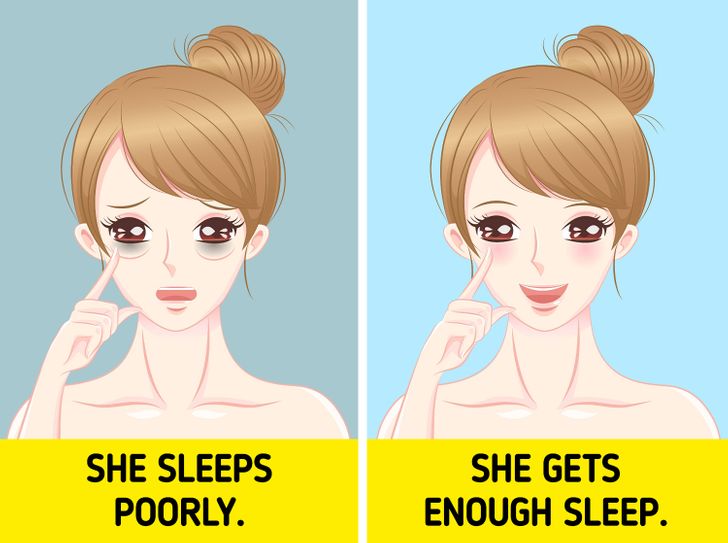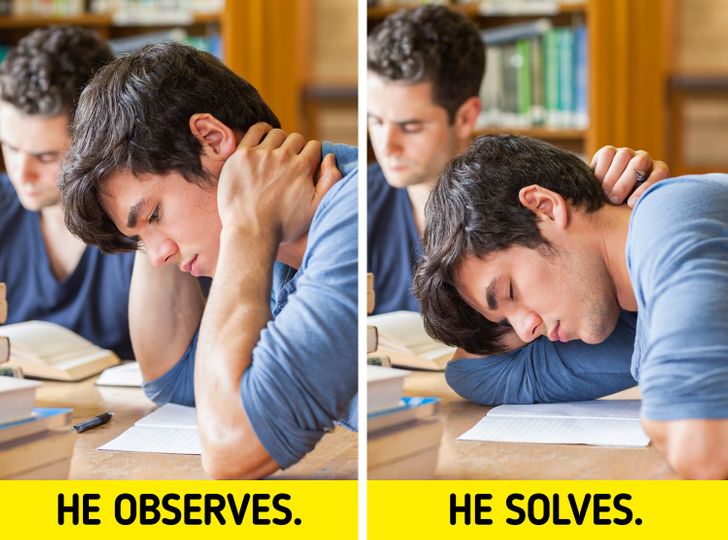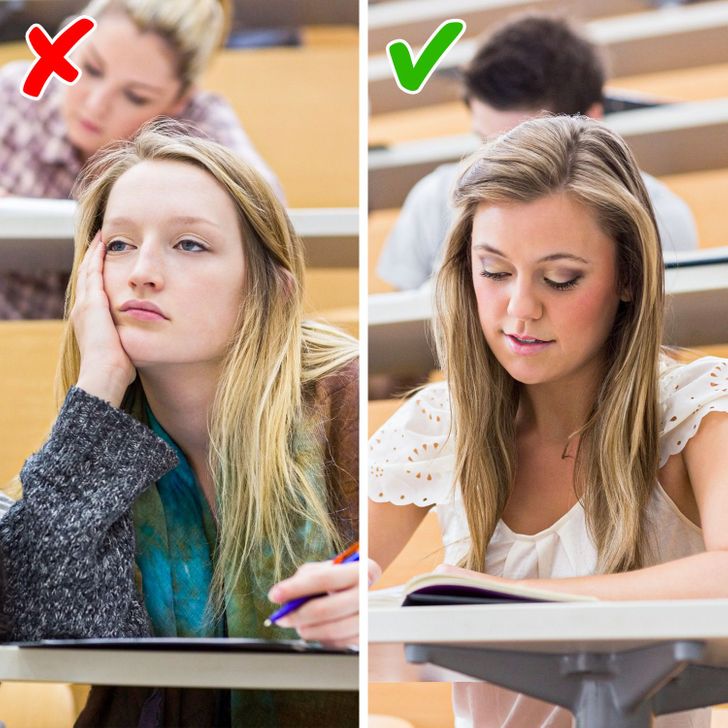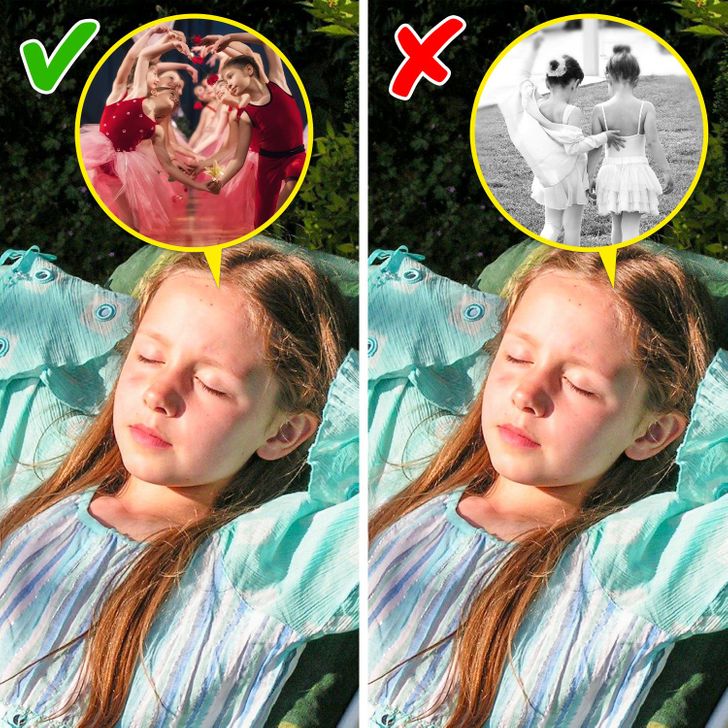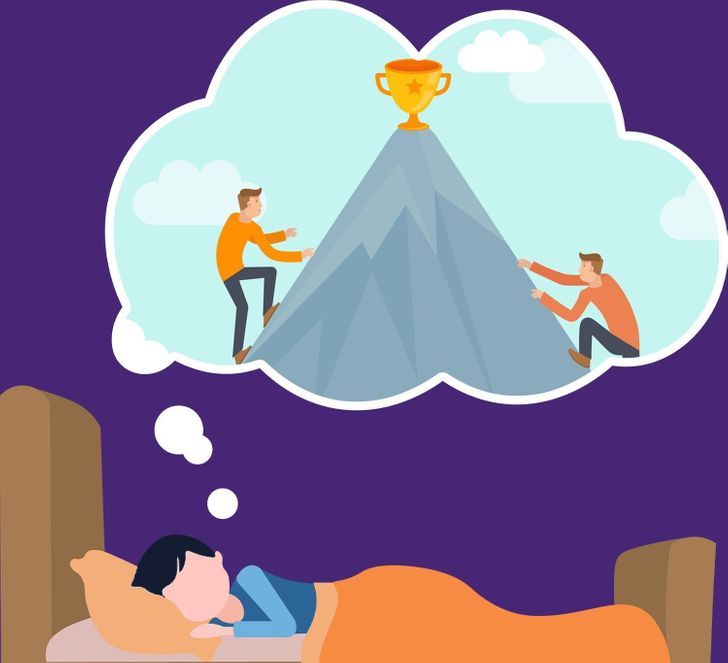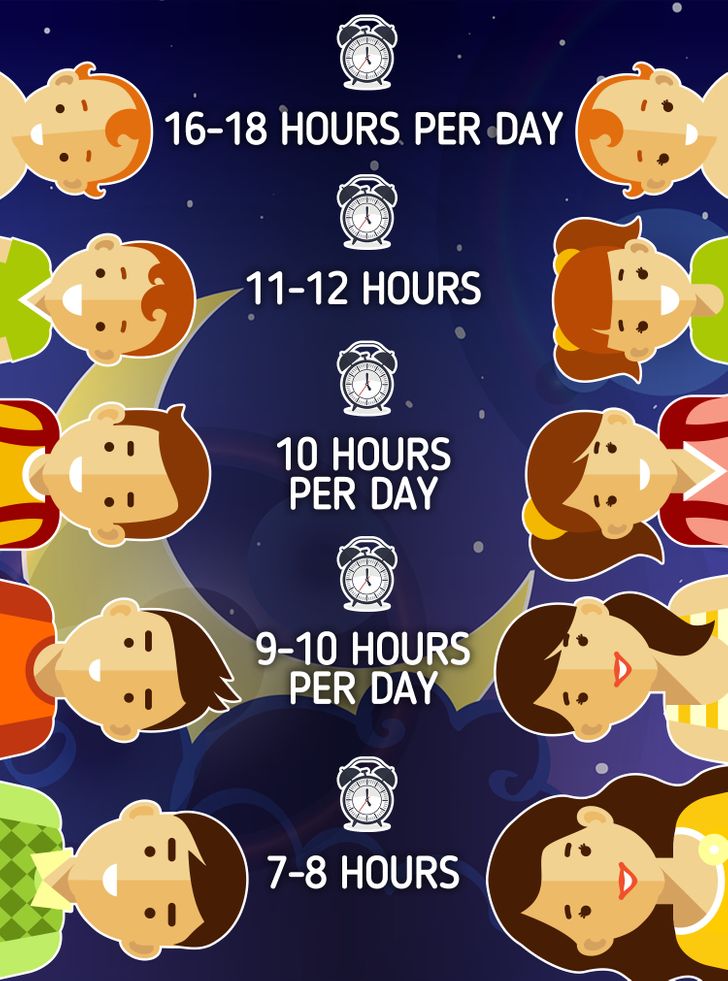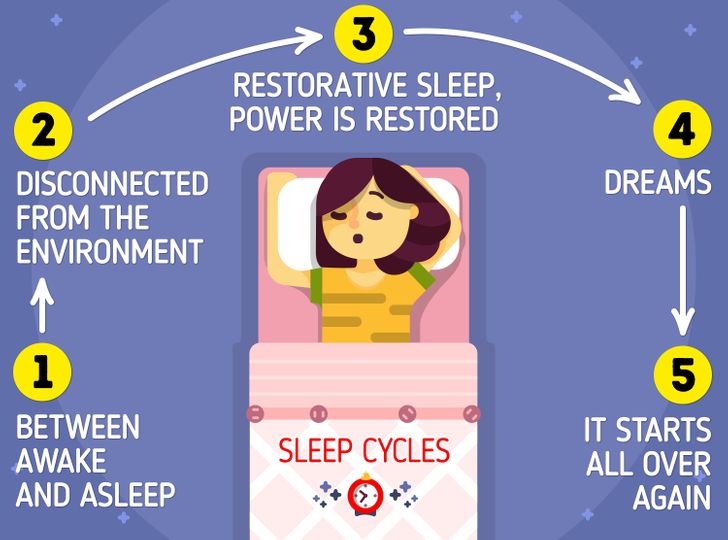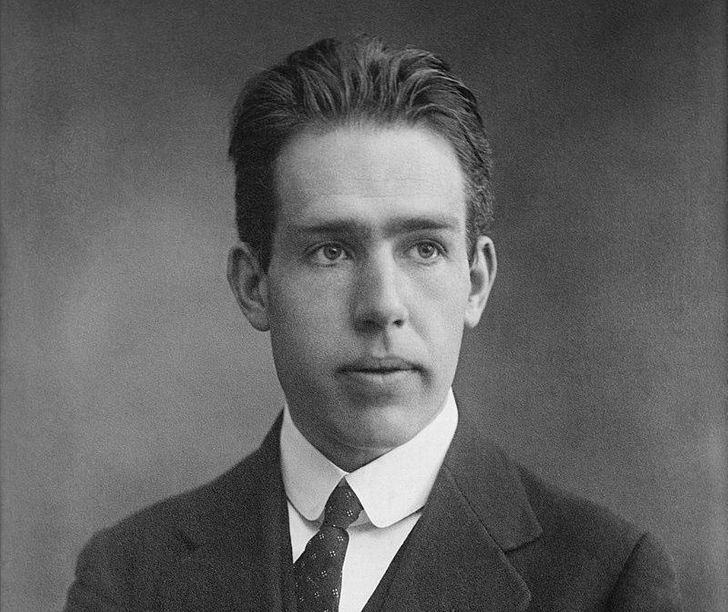What was before the big bang
Why We Sleep (and Some Other Facts About Dreams)

Most people spend about a third of their life sleeping, or at least trying to sleep. According to experts, when we sleep, we go through different stages (and not all of them include dreaming). But that still leaves us wondering why we sleep and dream. Some explanations say that in light of evolutionary theories and psychology, sleeping has the function of helping us solve problems. While some others indicate that this process helps the body restore and rejuvenate itself.
Bright Side researched some of the theories about why we sleep and dream. In the bonus section, you will find some dreams that have changed history.
To restore and rejuvenate the body.
The restorative functions of the body occur primarily during sleep. Examples of these include muscle growth, tissue repair, protein synthesis, and the release of growth hormones. Therefore, one of the possible reasons why we sleep is related to restoring the body, while promoting its rejuvenation.
As a bonus, when we don’t sleep well, this is often reflected in the face with marked dark circles. One trick to reduce them is to tap your eyes gently to bring blood flow to the area. You can also cover the dark circles with makeup if you have a concealer.
To work on problem solving.
There is one theory that says dreams may have evolved to solve 2 main types of problems.
The first are those that have to be visualized in the mind (like an inventor imagining a new device).
The second category is linked to those problems requiring an unconventional approach.
A psychologist from Harvard University asked some students to choose a problem and try to solve it in a dream. After a week, approximately half of them dreamt about the problem and a quarter solved it. So, at least if the problems are relatively easy, some people can solve them in their sleep.
To consolidate memories and learning.
Another suggestion is that sleep plays an important role in memory (both before and after learning a new task). According to research, memory consolidation occurs during sleep by strengthening the neural connections that form memories.
Likewise, poor sleep and inadequate rest may cause overworked neurons to function inefficiently when coordinating information. Thus, our ability to access what we learned may be diminished. Besides, this can affect a person’s mood, motivation, and even judgment and perception.
To perform a “cleaning shift” for the brain.
During our lives, we constantly receive a lot of information, much of which is unnecessary.
To understand how it is retained, a group of scientists analyzed the mechanisms involved in the maintenance of memory (especially during the sleep phase of greater relaxation and deep rest).
The results suggest that the neural connections that gather relevant information are strengthened while we sleep. Similarly, those created from irrelevant information are weakened and get lost.
To serve as simulations of events.
The biological function of dreaming could be to simulate threatening events and work out how to avoid them. So it’s possible that the content of dreams is actually organized and selective.
This means that during sleep the brain constructs a complex model of the world, in which certain types of elements are underrepresented. At the same time, others are overrepresented and adjusted by the experiences of the waking state.
The reasons why we sleep could change over the years.
Sleep functions may change with age, or at least that’s what research suggests. This study focused on showing how babies spend most of their sleep. It was shown that, as the babies’ brains build new connections between neurons, they spend most of their time in REM sleep. (Which stands for Rapid Eye Movement sleep.)
Then, before turning 2 and a half years old, REM sleep hours decrease. Also, the brain switches into maintenance mode, primarily using sleep time to clean and repair.
Besides, the amount of sleep time a person requires is influenced by several factors, including age. Therefore, the following amounts are recommended:
- Newborns: 16-18 hours a day
- Preschool-aged children: 11-12 hours a day
- School-aged children: At least 10 hours a day
- Teens: 9-10 hours a day
- Adults (including older adults): 7-8 hours a day
In addition, we dream in specific stages.
Human beings go through different phases of sleep. The first phase, known as non-rapid eye movement (NREM) sleep, is divided into 3 stages.
Initially, the person is somewhere between being awake and asleep and may enter a superficial sleep. In the second stage, light sleep is reached (with a low body temperature and slower brain waves).
In stage 3, deep and restorative sleep is achieved with both slow breathing and slow heartbeat. The muscles relax and obtain an increased blood supply as energy is restored and hormones are released.
However, in the second phase, we also go through the so-called REM sleep. It happens approximately 90 minutes after we fall asleep, and this REM sleep becomes longer later into the night. During this phase, the brain is active and it dreams while the body relaxes and remains immobile — at the same time, the body as a whole recovers energy.
Bonus: Dreams that made history
1. Paul McCartney dreamt of a successful melody.
According to biographers, Paul McCartney composed the melody for “Yesterday” during a dream he had at his girlfriend’s house.
2. Niels Bohr saw the structure of atoms in a dream.
The atom’s structure was discovered by Niels Bohr. It is said that it was in a dream that he was able to see electrons revolving around a nucleus (like in the solar system). Eventually, he sought to test this hypothesis and discovered that the atomic structure was, in fact, similar to the one in his dream.
What do dreams mean to you? Have you ever had a dream that helped you solve a problem?
Comments
Also, while we sleep we use up the calories we stored throughout the day 😋
we sleep because it's pleasant and seriously, it's the best part of the day 🤣
The most easy answer on why we sleep... and that's because 'we sleep'! hahahahahahahahaha!!!
im 11 and I sleep 13- 15 hours depending with the time i wake up or when my dad wakes me up and basically, idk why but I really love sleeping in a scheduled time and almost everyday, and tryin to get up early and often sleep more
Related Reads
21 People Who Noticed Something Weird and Couldn’t Just Walk Past It

15 Quiet Moments of Kindness That Made the Biggest Impact

15+ Stories That Prove Some House Guests Are Impossible to Forget

My Husband Promised to Stop Watching Me Through the Cameras—He Lied

I Refuse to Drop College to Take Care of My Sick Sister, I Am Not Her Nurse

I Refuse to Let My Sister Hijack My Pregnancy Announcement

My Cousin Uninvited Me to Save Money—My Petty Revenge Was Absolutely Worth It

My Dad Refused to Come to My Wedding, but I Still Asked for the Gift

My MIL Threw Out My Breast Milk, So I Made Her Regret It
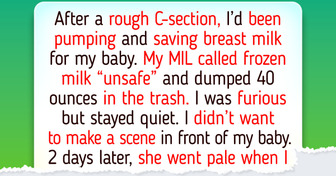
12 Real-Life Betrayals That Sound Like Movie Plots

My Coworker Tried to Humiliate Me to Our Boss—I Had the Perfect Receipts
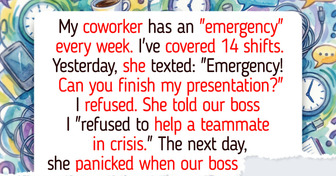
25 Stories From Online Users Where Kindness Became Invisible Armor

